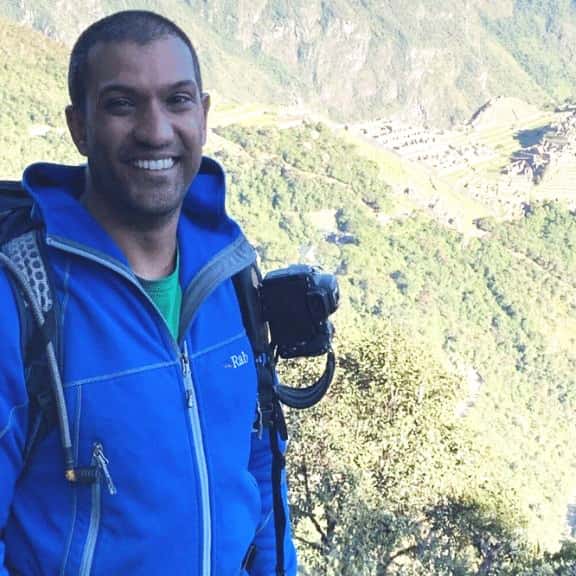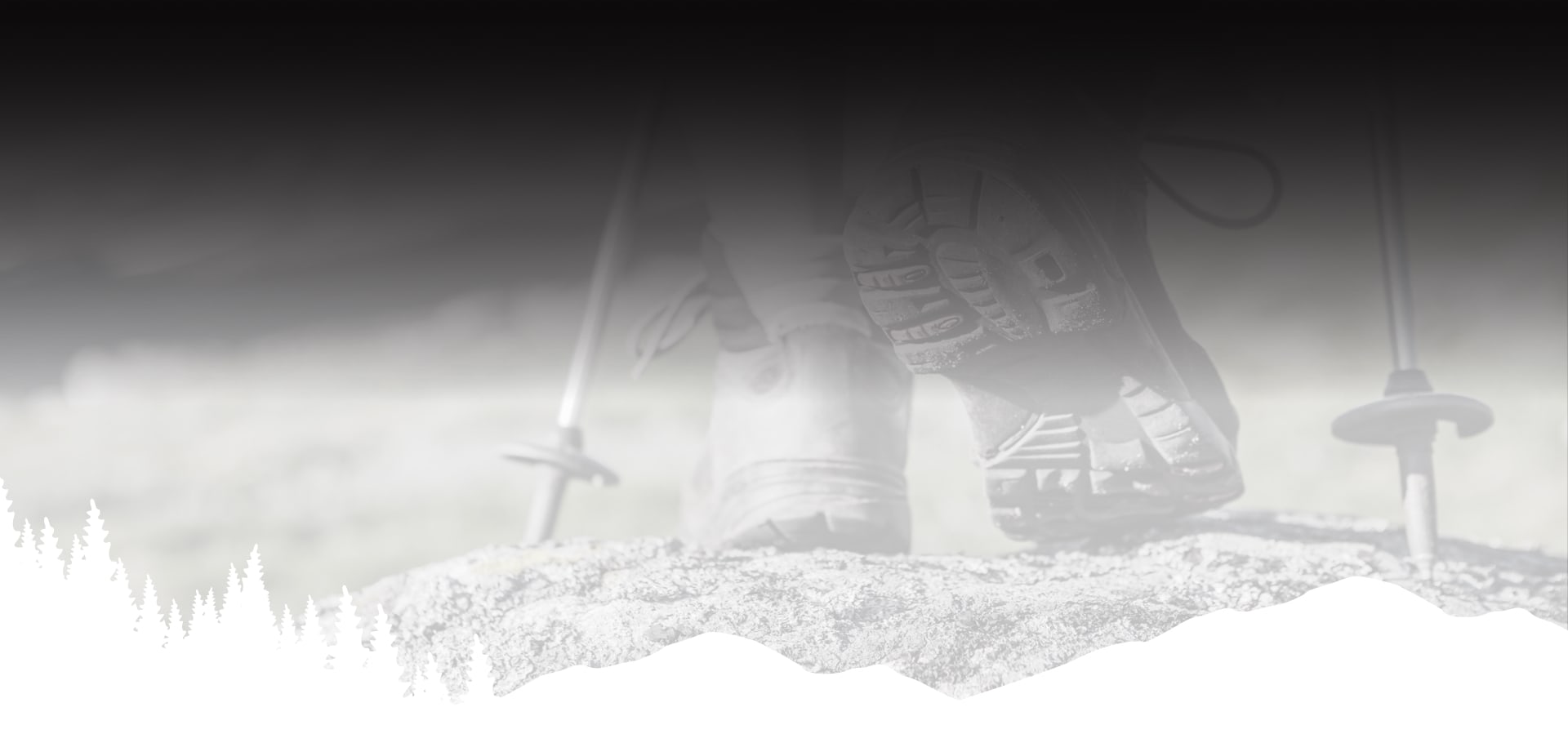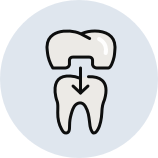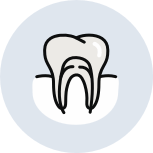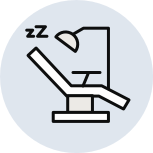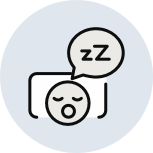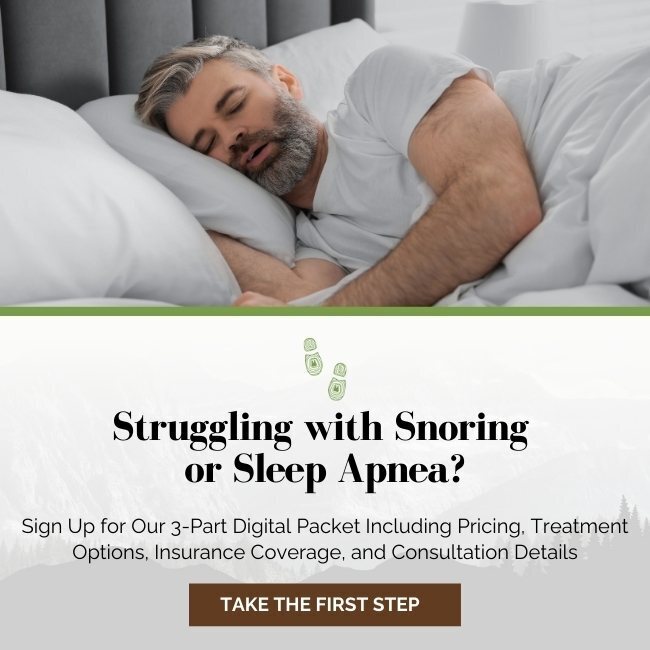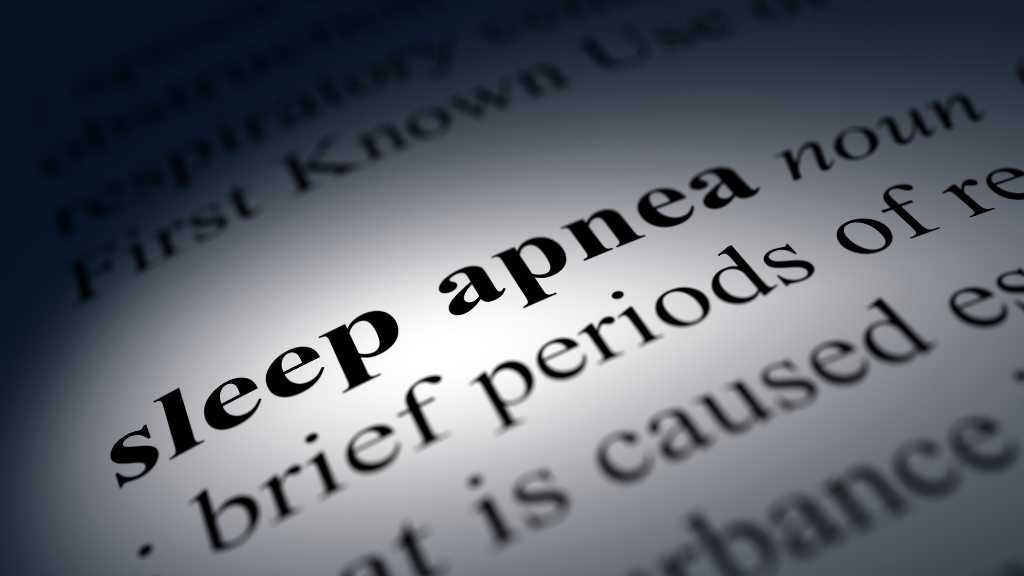
If you or someone you know suffers from sleep apnea, you may be wondering how to treat the condition that causes it. People who can not sleep properly because of sleep apnea, know how disruptive it can be. You wake up exhausted and feeling like you haven’t slept at all, or you just feel like you’re not at your best throughout the day no matter how many hours of sleep you get.
Before you start looking at sleep apnea treatment options like dental appliances or continuous positive airway pressure (CPAP) machines, keep these facts in mind about both so that you can make an informed decision about your care. Check out this blog article to learn more about your options and which one might be right for you!
What are Sleep Apnea causes?
Sleep apnea is a common disorder that causes many people to stop breathing during sleep. Sleep apnea can be caused by an obstruction of airflow, such as throat muscles relaxing and falling back into your airway when you’re asleep. This can happen several times per hour while you’re sleeping, which causes less oxygen to reach your lungs and brain.
As a result, you may wake up feeling drowsy and even fall asleep at work. Obstructive sleep apnea (OSA) is more common in overweight people and those who are older than 40 years old; it affects more men than women. If you suspect that you might have sleep apnea, ask us if an oral appliance might be right for you.
What are Sleep Apnea symptoms?
Sleep apnea is a very common and often overlooked sleep disorder. Snoring can be an early warning sign of sleep apnea. But there are many other symptoms, too, including loud snoring, daytime sleepiness, frequent pauses in breathing during sleep (pauses that last for 10 seconds or longer), waking up with a dry mouth and sore throat, headaches upon waking, restless sleep, difficulty staying asleep throughout the night, poor concentration and memory problems during wakefulness.
Sleep apnea occurs when you have one or more pauses in breathing that last for at least 10 seconds while you’re sleeping; these disruptions cause shallow breathing that may last up to 30 seconds each time they occur. People with sleep apnea experience such interruptions hundreds of times each night—and these interruptions lead to fragmented sleep patterns that don’t allow your body to fully recharge.
Why is Sleep Apnea called a silent killer?
Sleep apnea is not just a lack of sleep. It isn’t caused by snoring—it causes snoring. Even if you don’t feel tired during your day, sleep apnea may be making you drowsy while driving, operating machinery or any other potentially dangerous situation in which you have to concentrate on performing a task well.
Here’s the answer to the question: Yes, sleep apnea can be a silent killer. If left untreated, it has been linked to a host of medical problems from poor sleep to hypertension and stroke. A (long) sleep disruption can be fatal. The causes of sleep apnea are usually physiological in nature, but dental devices may be able to help you achieve better sleep. When you feel like you aren’t getting enough sleep at night, please ask us about a solution here at Outdoor Dental. A custom made dental appliance can help regulate breathing at night when worn during sleep.
What is the best Sleep Apnea solution: A dental appliance or CPAP?
Patients suffering from sleep apnea will have to figure out themselves what treatment is best for them. Dental appliances and continuous positive airway pressure (CPAP) machines are common solutions, but both have benefits and drawbacks. Both help treat sleep apnea, but each works differently. With dental appliances, a dentist or sleep-apnea specialist creates an appliance that fits into your mouth to hold your jaw forward so your airway remains open while you’re sleeping. The appliance keeps you from snoring and helps with breathing difficulties throughout the night.
With CPAP machines, a mask is placed over your nose or mouth to press against it and keep it open while you sleep. Many people experience CPAP machines as intrusive and inconvenient. Sometimes CPAP is not tolerated because sleep is poor, or fragmented due to other issues such as anxiety, PTSD, insomnia, poor sleep habits, or other medical disorders. Our recommendation: Try our Sleep Apnea solution first before considering a CPAP machine.
What is the cost of Sleep Apnea treatment?
Sleep apnea appliance cost varies by treatment option, whether it is surgery to cure sleep apnea or treating sleep apnea with a mouth guard. The cost of CPAP machine depends on its size and complexity. The average cost of a dental appliance can range from several hundred dollars to thousands of dollars. If a person suffers from chronic severe snoring, they may opt for a surgical procedure (tongue retaining device) to fix their problem instead of using less expensive appliances that do not work well.
However, using dental appliances can be very effective in curing sleep apnea especially if you find yourself unable to breathe due to nasal congestion caused by colds, allergies and other medical conditions that make you unable to breathe through your nose. When you or a loved one suffers from sleep apnea, please contact us for a sleep apnea treatment appointment, at Outdoor Dental, Calgary SE.

